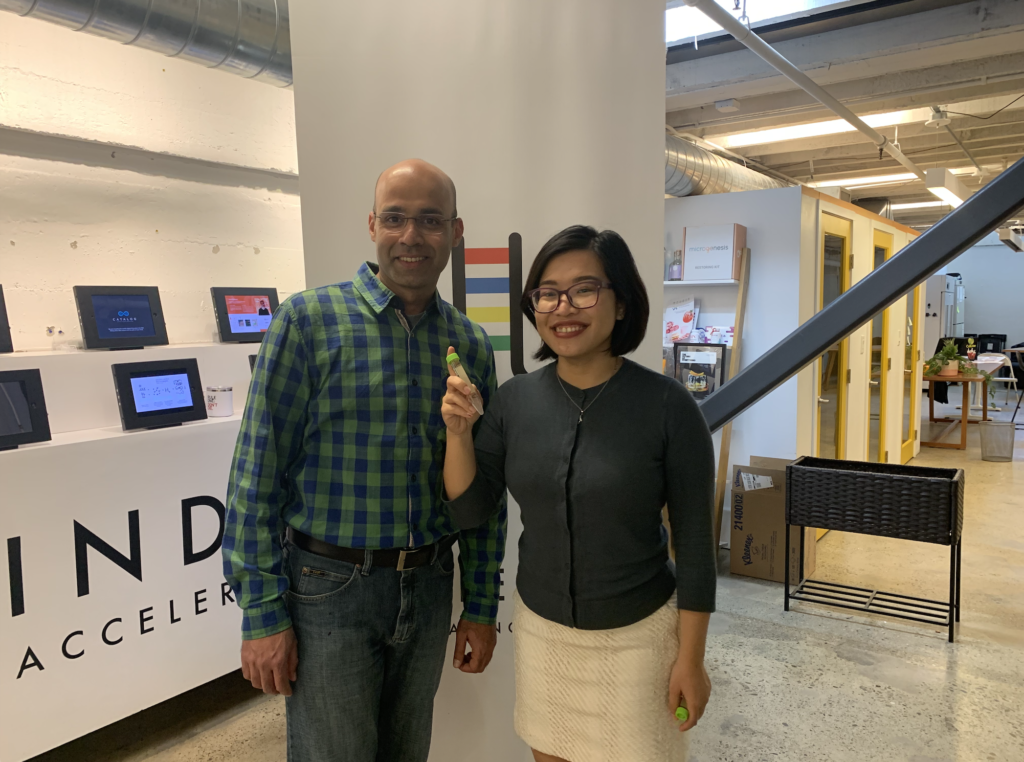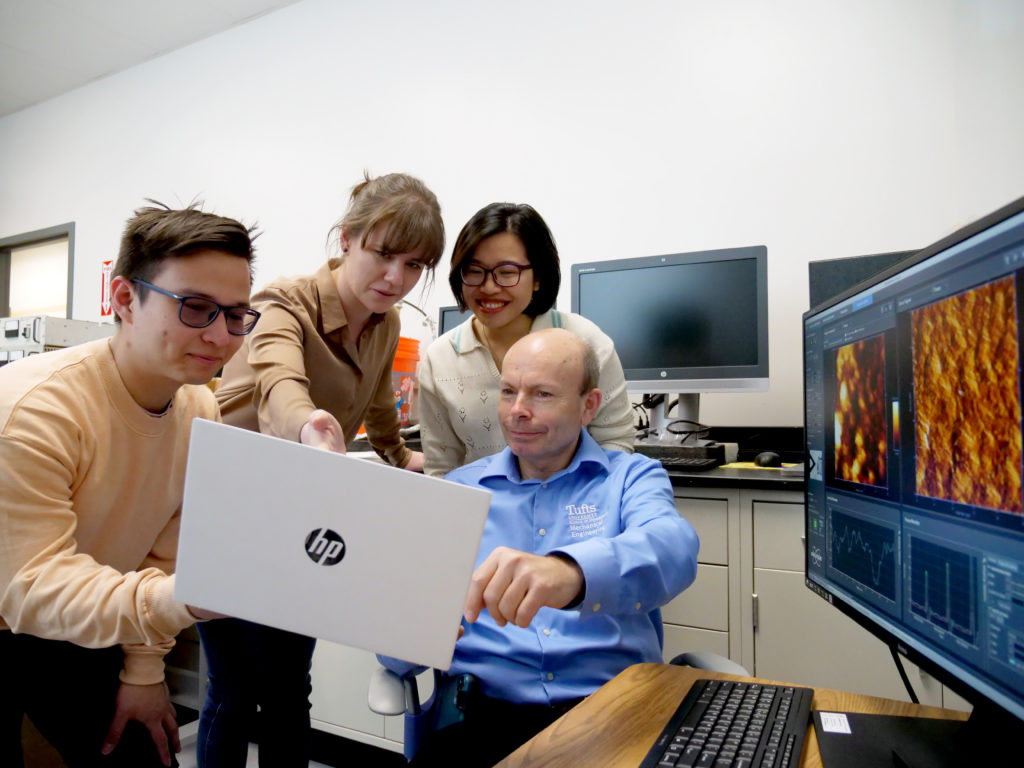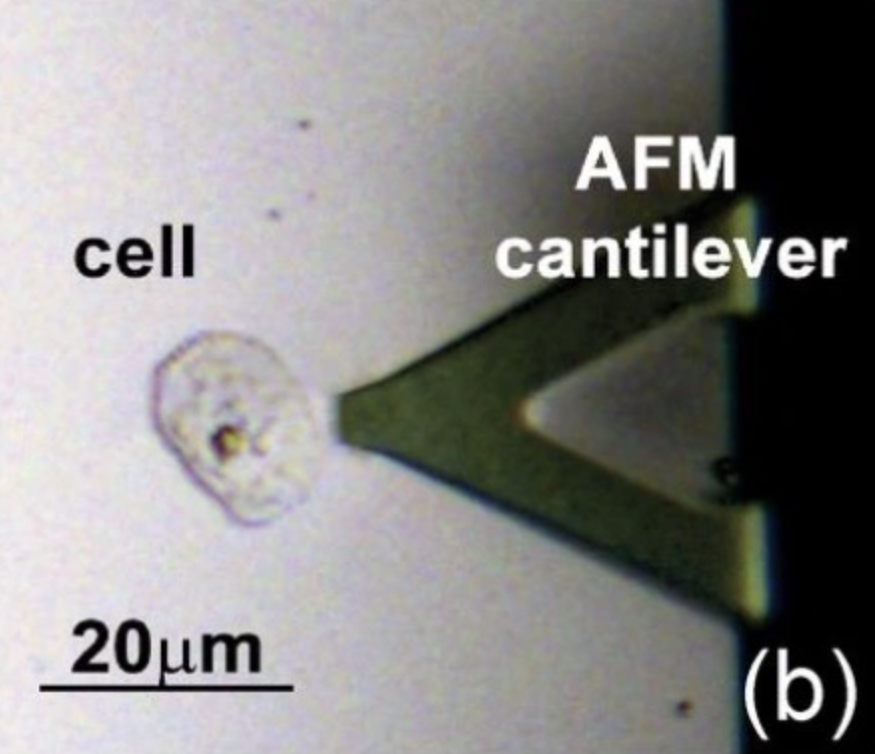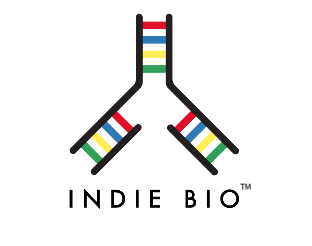
Recently, much of the focus in cancer diagnostics has been on advances in liquid biopsy-based tests, looking at molecular markers inside the cell. So, it takes a minute to truly appreciate what Cellens is trying to pull off. It is going retro, in a way, with a major difference. For decades, pathologists have relied heavily on the morphological analysis of cells, i.e., looking at cells under a microscope trying to decipher something about their state from the way they look. Cellens is bringing attention back to the morphology of cells but taking it to a whole new level – Cellens is introducing atomic force microscopy (AFM) into the clinical diagnostic lab to scan the surface of a 3D layer of cells at such high resolution that it can not only discriminate cancer cells from healthy cells, it can identify the stage and aggressiveness too.
Mechanobiology is an emerging multidisciplinary field where physics and biology meet, compassing cell biology and biophysics, moving from analysis of visual to multidimensional properties of cells.. The time is ripe for AFM to become the workhorse method for mechano-markers of cancer.
Jean Pham was a master’s student at Tufts, when she met Professor Igor Sokolov, who has spent over 30 years perfecting AFM. Igor’s passion met with Jean’s entrepreneurial spirit to create Cellens. While AFM can have many potential applications over time, they quickly focused on applying it to monitoring for recurrence of bladder cancer using a simple urine sample. Jean understood that the real money in cancer diagnostics is not in screening or diagnostic tests, but rather in high value tests that monitor patients for potential recurrence, in repeated and frequent testing for years. Initial studies, already published, show that Cellens’ AFM test at 94% accuracy in detecting bladder cancer from urine. It can help avoid invasive cystoscopies, which is currently the standard practice for ruling-in bladder cancer recurrence. Cellens’ highly accurate test can help rule out cancer in most of the urine samples that are sent in for monitoring, thereby risk triaging patients for invasive workup only when truly warranted, saving costs to the system and avoiding pain for patients.
The Cellens platform is an entirely new, proprietary, non-invasive method to detect many kinds of epithelial cancer, such as colorectal cancer and cervical cancer. Jean and Igor have successfully rallied support from academic medical and scientific community on the potential of this new clinical diagnostics modality. They have grant funding that covers a bulk of their costs of their clinical trials at top-tier academic medical institutions such as Dana Farber and Brigham and Women’s.
Jean is an entrepreneur who embraces the ABC motto, i.e., “Always Be Closing.” I had to wait 15 minutes while I watched her close yet another investor on her current financing round. Her next call after me was already scheduled with the ex-CEO of LabCorp, who is one of her strategic advisors. So, I had just a few minutes to squeeze in these few questions:

There’s an explosion of methods and tools to truly interrogate molecular mechanisms of cancer. Can Cellens really add something special to this landscape?
I think there are a lot of ways to look at clinical decisions where we need new information to change the practice of medicine for the better. Currently, there is a lot of hype around various DNA and RNA tests for cancer detection. We are taking an approach that no one else is taking – we are looking at the physical properties of cells because we know that cancer cells have very different stickiness, softness, and other physical properties compared with a normal cell. No one else has leveraged until now to detect malignancy using the physics of cells at this level. The time is now to explore this and Cellens will be at the vanguard of bringing valuable life-changing “mechano-markers” to patients, using AFM as a new clinical diagnostics modality.
Why is Cellens’ mission so personal for you?
I always wanted to be an entrepreneur even before I started my master’s program at Tufts. There are too many scientists with too many ideas that never get far from the lab. I knew that one of the rough places in our healthcare system today is when a person has a history of cancer and is anxiously undergoing testing to rule out a recurrence. The tests to rule out cancer are inhumane and I wanted to do my best to eliminate that. When I met Igor Sokolov, I experienced his passion and determination first hand. He has spent 30 years on this trying to get AFM out of the research lab and into the clinic where it can change people’s lives. Specifically, we both realized that this technology and modality could dramatically improve rule-outs for any cancer where we could touch and feel the cells using AFM. Cellens was born right then and I am thrilled to be working closely with Igor to make this vision a reality.

What milestones did you hit during the IndieBio program?
I am proud of many things we have achieved in the last few months. We completed the IP license from Tufts and have completed the technology transfer to our own labs. Our proprietary protocol cut down 50% of time required for preparing sample. We hired our first key employees. We managed to secure an A-list of clinical and business advisors who are all excited about our mission to bring AFM into the clinical lab and also to beneficially change the lives of patients who are worried about bladder cancer recurrence with our accurate and non-invasive test with just a urine sample.
What’s next?
We will validate the test in our own hands with clinical studies already underway and then launch our 200-patient clinical validation with partner institutions like Tufts Medical Center, Dana-Farber and Brigham and Women’s who have committed to recruiting patients and sending the required samples to Cellens. It’s all about data, data, and more data. We will amass compelling data to change the practice of medicine in this area so that the Cellens test becomes the new world standard for accurate and non-invasive clinical test for bladder cancer recurrence.




